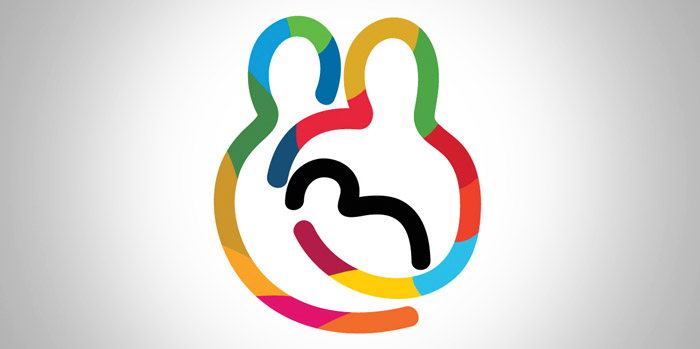
The National Breastfeeding Week in Oman is celebrated from November 1-7 every year and this year Nutrition Department at Ministry of Health is celebrating this national event.
Breastfeeding is a vital part of providing every child with the healthiest start to life. It is a baby’s first vaccine and the best source of nutrition. It can bolster brain development. Breastfeeding also nurtures national economies. The benefits of breastfeeding for children and their mothers have the power to improve a country’s prosperity with lower health care costs and stronger, more able workforces.
However, breastfeeding is not just a one-woman job. It requires encouragement and support from skilled counsellors, family members, health care providers, employers, policymakers, and others.
This World Breastfeeding Week 2017, targeted to achieve at least a 50 per cent rate of exclusive breastfeeding by 2025. The collective’s mission is to rally political, legal, financial, and public support for breastfeeding, which will benefit mothers, children, and society.
The theme of this year’s World Breastfeeding Week is “Sustaining Breastfeeding Together,” because all of us — governments, decision-makers, development partners, professional bodies, academia, media, advocates and other stakeholders — must work together to strengthen existing partnerships and forge new ways to invest in and support breastfeeding for a more sustainable future.
Breastfeeding is not a one-woman job
•Health care professionals can influence breastfeeding practices at critical moments.
• Community-based interventions such as group counselling and education can increase timely breastfeeding initiation by 86 per cent.
• Work is one of the leading barriers to breastfeeding and contributes to a mother’s decision to stop breastfeeding early.
• Fully implement the International Code of Marketing of Breastmilk Substitutes and relevant World Health Assembly resolutions through strong legal measures that are enforced and independently monitored.
• Implement the Ten Steps to Successful Breastfeeding in maternity facilities, including providing breastmilk for sick and vulnerable newborns.
• Improve access to skilled breastfeeding counselling as part of comprehensive breastfeeding policies and programmes in health facilities.
• Strengthen links between health facilities and communities, and encourage community networks that protect, promote, and support breastfeeding.
• Strengthen monitoring systems that track the progress towards achieving both national and global breastfeeding targets.
Key messages and facts
Improving the rate at which children are breastfed exclusively for the first six months would increase children’s chances of survival and their cognitive capability – enabling more children to earn more as adults.
Breastfeeding can offer a fair start in life for every child
•Early initiation of breastfeeding is associated with lower mortality rates with breastfeeding.
•Longer periods of breastfeeding are associated with a reduction in a child’s risk of being overweight or obese
•Breastfeeding is associated with an IQ increase of 3 to 4 points.
•Providing support to mothers to breastfeed could cut the incidents of diarrhoea by half and respiratory infections by a third.
—[email protected]
Dr Amel Ibrahim is from Department of Nutrition /DGHA/MOH